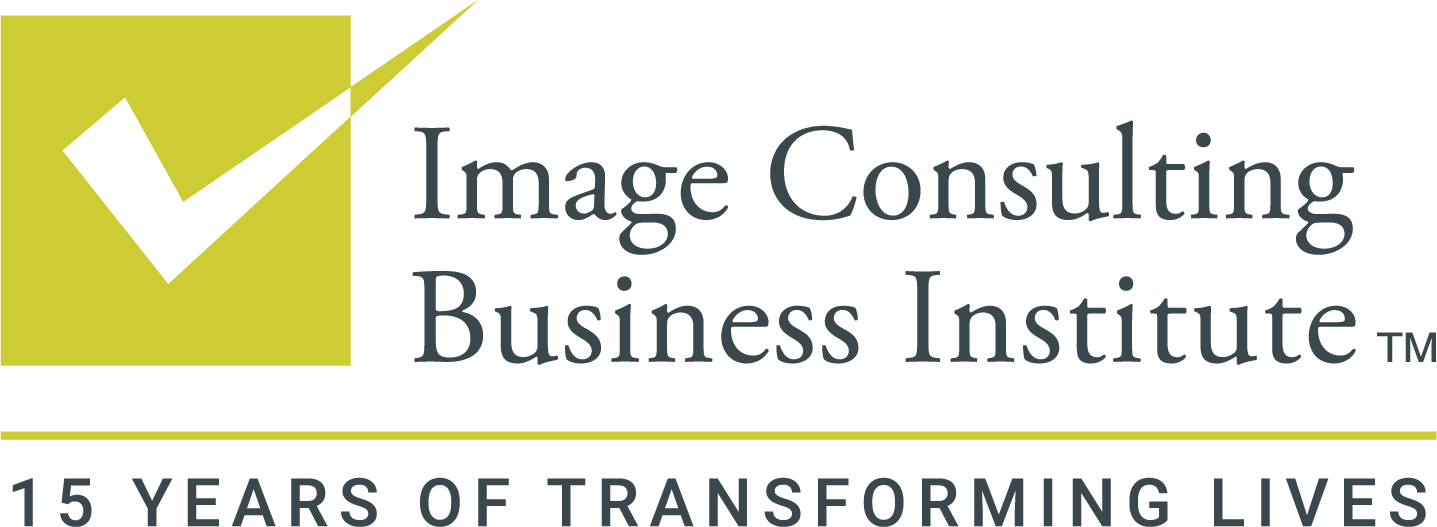Executive presence is your ability to inspire and empower others, to express yourself and speak in a way that draws people in naturally, your ability to focus and articulate a vision, your ability to work calmly in stressful situations and demonstrate to others how to think and problem-solve and lastly tell great stories.
Executive presence is a combination of personality and character traits that gives you a dynamic presence. It also includes your ability to inspire others to be assertive and confident in their roles.
Why do You Need an Executive Presence?
It is imperative to have an executive presence as it determines the opportunities you gain. All the decisions made on a professional front – a prestigious opportunity, a critical role, a promotion, or a project that requires high visibility are taken when you are not in the room. These decisions are based on your executive presence and the confidence you have inspired. Therefore, it is significant and vital to building your executive presence: the higher your leadership presence, the higher your access to opportunities.
Your executive presence comprises various individual and personality characteristics. These characteristics and skills make up an executive who becomes the organisation’s driving force. Hence, employees with high executive presence are often seen in leadership roles.
Let’s delve deep into some characteristics of Executive Presence:
-
Composure

Composure is your ability to control emotions, self-regulate, and respond professionally to a situation. It is vital to remain composed in a workplace to manage unexpected situations and your teammates’ emotions. The ability to stay calm and collected under pressure is an essential leadership quality and skill. You must appear in control and ready to take on more. It reflects your competence and inspires confidence in your team and clients.
-
Understand & Communicate Effectively

You have to ability to communicate effectively with everyone at levels. People with a high executive presence can control their emotions and sense the emotions of others and manage them. You can respond rather than react and are very graceful, calm, and composed under high stress and not easily thrown off balance. You have to be open to feedback and learning, hold meaningful communication, and practice active listening.
-
Confidence

It is your ability to complete your daily responsibilities in a self-assured manner and create a balance between humility and confidence. You can exert boldness and composure when leading others, conducting a meeting, presentations or interacting with your colleagues. It also includes appropriate non-verbal communication.
-
Public Speaking

You must develop your public speaking skills and incorporate humility, humour and compassion when speaking to an audience. Your body language, vocal communication and training delivery are equally crucial.
-
Credibility & Character

Credibility refers to how you communicate with others. You use the words, language and resources to provide information or direction. Your reputation supports your communication. Credibility also includes the processes by which you gather information and credit sources.
-
Charisma & Integrity

Charisma is your ability to engage with others, inspire them and encourage them to rely on you and work with you. People are drawn to those with leadership presence because they are straightforward, genuine and honest about their flaws and are authentic. They can be vulnerable without oversharing. You have to be willing to make mistakes and admit your fears which can be perceived as being trustworthy and endearing.
Tips to improve your executive presence
-
Have a Clear vision & present it clearly

You should be able to have a clear vision and communicate the vision in any given circumstance. It enables you to make your mark, sets you apart and inspires confidence.
-
Be aware of others’ perceptions of you

You must have and gain a clear understanding of how others perceive you and experience you. Speak to your mentors and seek feedback from your immediate supervisor, peers and subordinates. This is important because you must show that you handle yourself well in any given circumstance.
-
Develop communication skills

Great and effective leadership is all about communication. You must be able to communicate across all mediums, in-person, written or virtually — and in all situations. This is a skill you can learn, develop and master with practice.
-
Become an excellent listener

The ability to actively listen is a very important communication skill. People with high executive presence are excellent listeners. It also demonstrates self-confidence and self-assurance. They listen mindfully, ask appropriate questions, explore ideas, and engage with others.
-
Manage your Image & appearance appropriately

Your visual appearance creates the first impression, and your first impression is powerful. Your first impression should also inspire confidence. Ensure that your appearance is appropriate to the role and the occasion and consistent with the goals you aspire to achieve. Choose well-tailored and fitted clothes, groom and present yourself well in a non-distracting manner.
Executive presence has many benefits, including – increased employee morale, high productivity, strengthening the organisational culture and improving performance. It also facilitates leaders to lead effectively, manage promotions, and improve client interactions and relationships.
Executive presence can be enhanced through learning from others, experiential learning and executive presence training.

